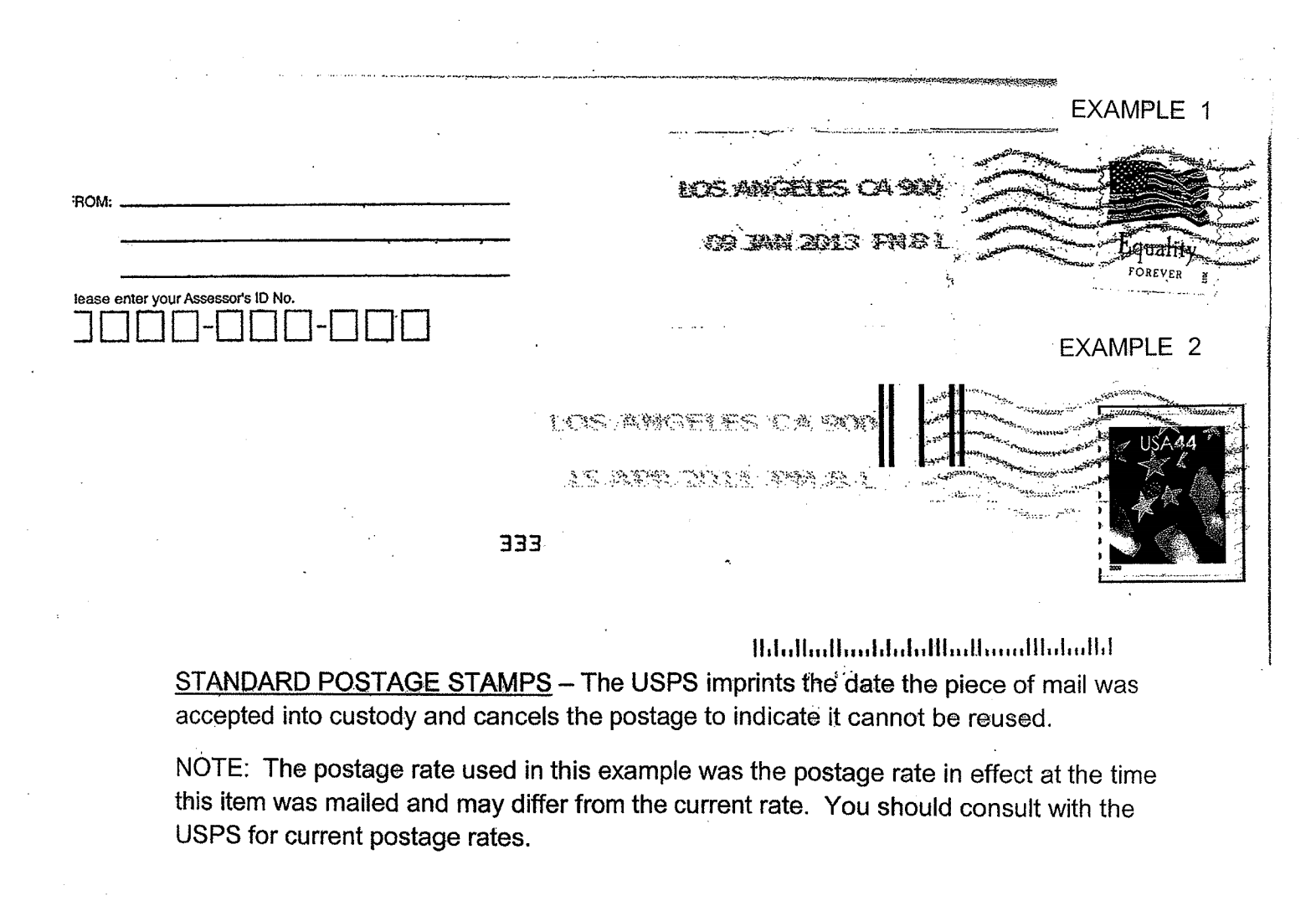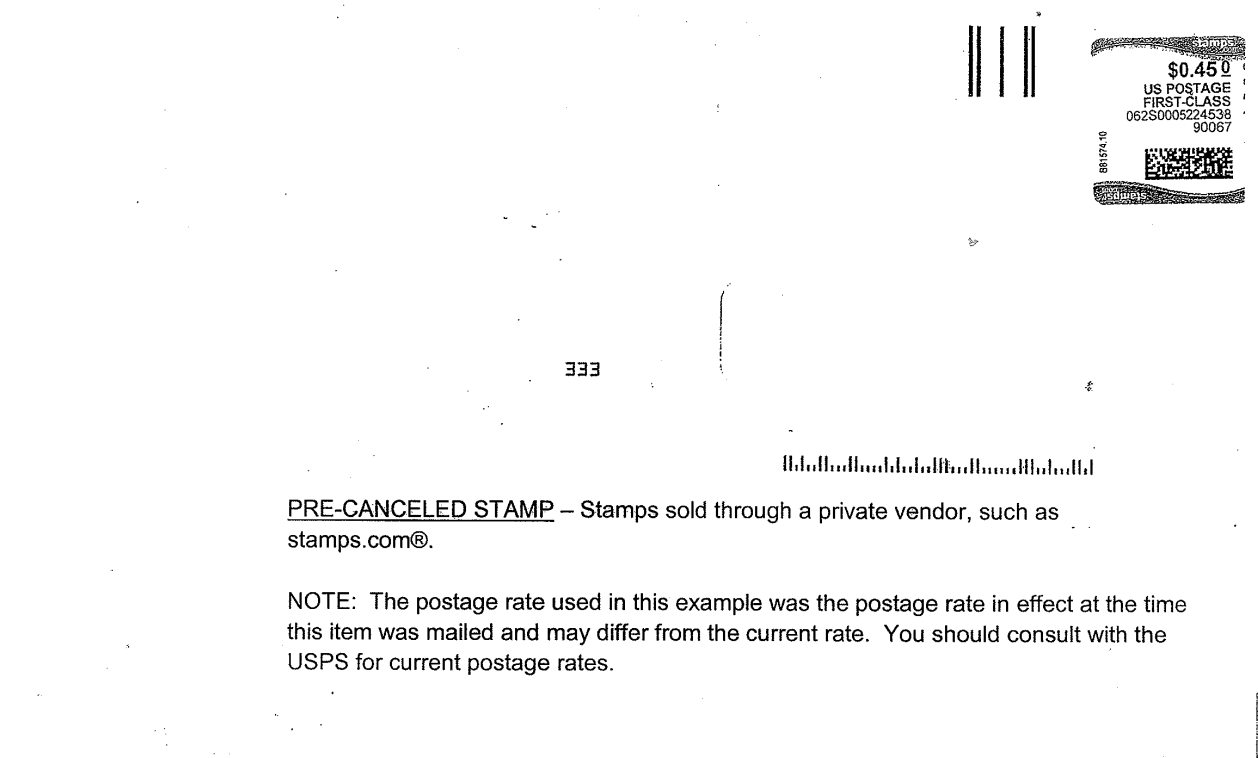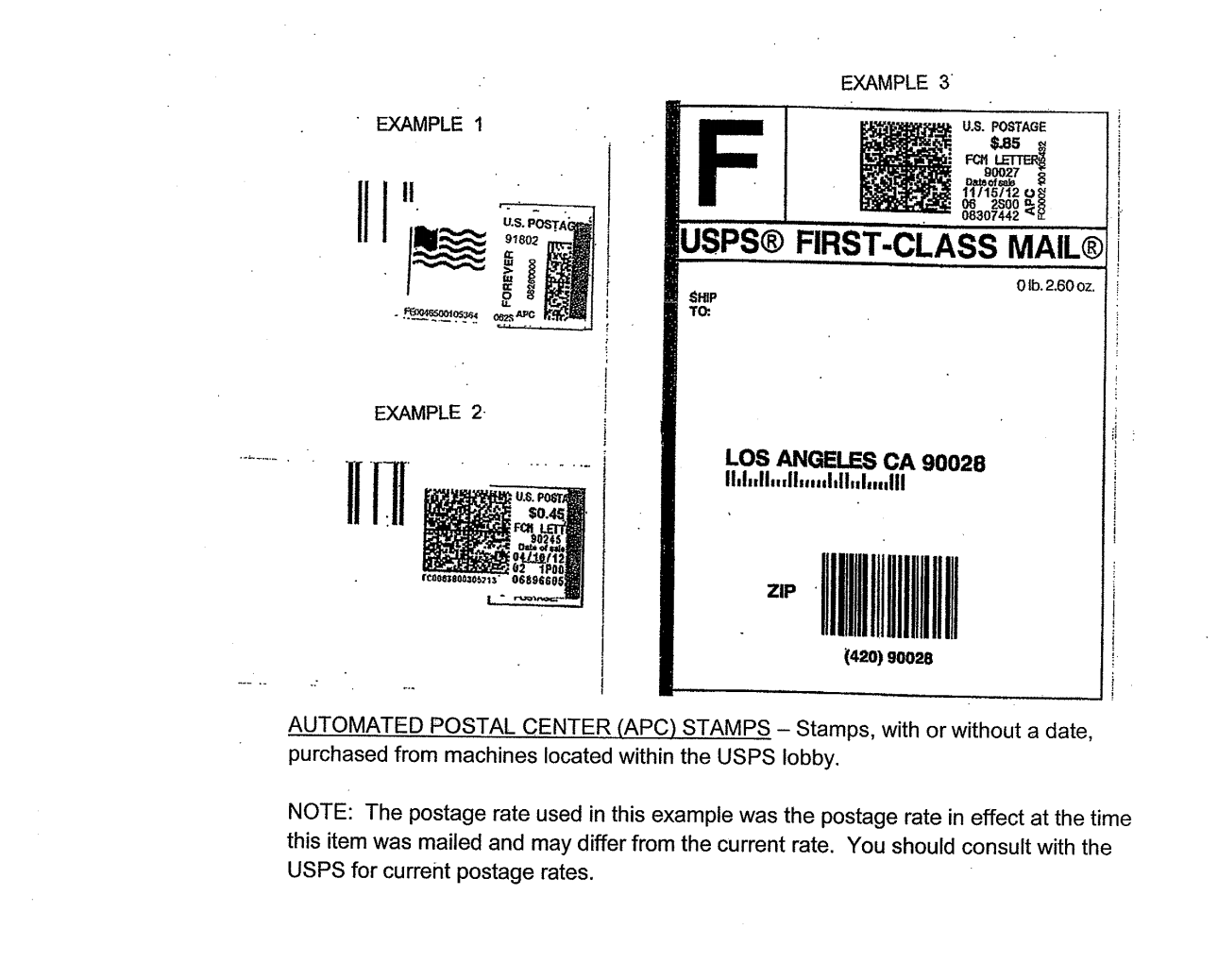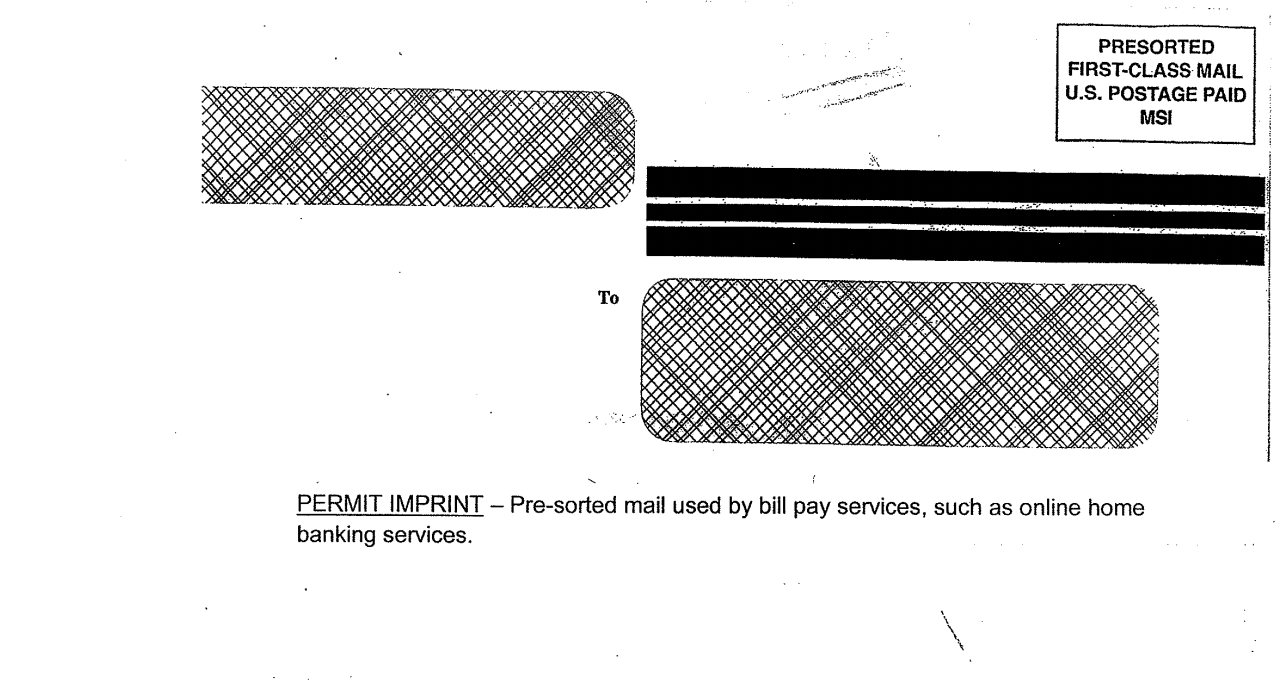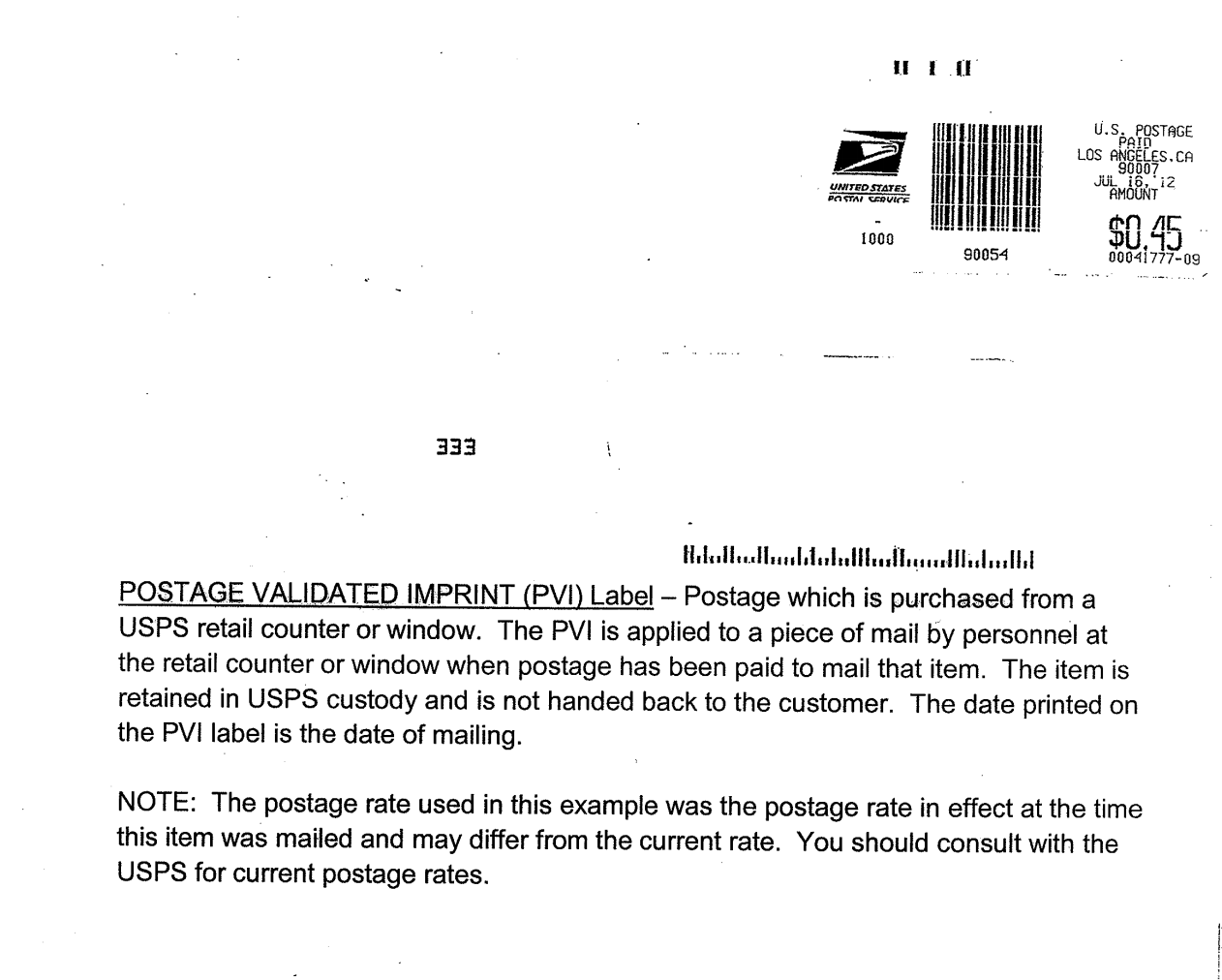SHORT-TERM RENTALS (STR)
STR
On March 19, 2019, the County of Los Angeles (County) Board of Supervisors (Board) adopted a Motion directing County departments to prepare a Short-Term Rentals Ordinance (Ordinance) to comprehensively regulate Short-Term Rentals (STR) in the unincorporated areas of the County. The Ordinance aims to strike a balance between the economic benefits of STRs and potential impacts to housing stock, neighborhood character, and quality of life for residents. The proposed regulations apply to STRs in the unincorporated areas of the County.
To determine if a STR is located in the unincorporated areas of the County and potentially impacted by the proposed ordinances, please visit https://gis.lacounty.gov/districtlocator/ and enter the residence address.
TERMS AND FREQUENTLY ASKED QUESTIONS (FAQs)
The following is a list of frequently asked questions (FAQ) the County received from the public. For purposes of answering these FAQs, the following abbreviated definitions for key Ordinance terms are used. Citations from the Los Angeles County Code (LACC) for the full definitions are provided where applicable.
In recent years, there has been a large increase in the number of STRs in the unincorporated areas of the County. The proliferation of unregulated STRs has the potential to impact affordable housing stock by reducing the overall available number of rental units available for long-term tenancy. Additionally, STRs have a tendency to negatively impact neighbor quality of life and erode neighborhood character. Complaints about loud parties, street parking impacts, and a general disregard for community hospitality are common. In very high fire severity zones, STR activity may pose public safety concerns when Guests are unfamiliar with the fire risks and evacuation routes. Therefore, the STR Ordinance is designed to strike a balance between the economic benefits of STRs and potential impacts to housing stock, quality of life for neighborhood residents, and public safety.
The California Constitution authorizes the County to make and enforce local ordinances that do not conflict with general laws. The powers of the County can only be exercised by the Board or through officers acting under the authority of the Board or authority conferred by law. The California Constitution allows a county or city to make and enforce within its limits all local, police, sanitary, and other ordinances and regulations that do not conflict with the State’s own general laws.
Yes. The Board approved the Ordinance.
By October 2024, STR Hosts with properties located within the Unincorporated Areas of the County (excluding Coastal Areas) must register and pay the annual fee.
After the effective date of the Ordinance, all STRs must be in compliance with the requirements. The anticipated effective date is October 2024.
No. The Ordinance did not require voter approval pursuant to the authority vested in the County by the California Constitution. The Ordinance was presented to the Board for consideration at a public hearing, where all interested constituents shared their comments on the Ordinance.
No, it is not. The County’s Ordinance is applicable to STRs located in the Unincorporated areas of the County only. Regulations from other local jurisdictions do not apply to the County.
Yes. All Hosts who utilize their Primary Residence for STR activity are required to register with the TTC through an online LACC registration system, which will be available by October 2024
No. Renters or tenants of single-family homes, apartments, and condominiums may also use their Primary Residences as STRs as long as any applicable homeowner’s association, condominium, lease or rental agreement does not prohibit STR activity, and the unit is not otherwise prohibited from STR activity by the Ordinance (i.e., not an ADU or other accessory habitable structure, not subject to a rental cap increase under the County‘s Rent Stabilization Ordinance, not income covenant restricted affordable housing, not Rent Restricted Housing). Tenants are required to provide written authorization signed by the property owner and notarized in order to register their Primary Residence for STR.
No. The Ordinance limits STR registration to a Host’s Primary Residence only, of which a Host can have only one. However, a Host is free to list their
Primary Residence across multiple Hosting Platforms. Additionally, a Host may not rent their Primary Residence to more than one Guest at any given time.
No. While a Host may list more than one room for STR Guest bookings in the residence, there can only be a single booking by a Guest for both rooms at the same time – such as a family requiring two bedrooms. The two bedrooms cannot be rented separately by two simultaneous Guest bookings.
No. However, if the second unit is leased to a long-term tenant, the tenant may register the unit for STR bookings, if it is their Primary Residence, the
tenant must provide the landlord’s notarized written consent to register the unit as an STR. If the second unit in a duplex is not leased to a long-term
tenant, it cannot be registered because it would constitute a prohibited Vacation Rental under the Ordinance.
Subject to any applicable municipal STR laws of the governing jurisdiction of that additional property, the Ordinance only applies to properties located within the unincorporated areas of the County.
Yes. The Ordinance only prohibits the registration of Vacation Rentals for STR activity. If a Host has a Vacation Rental in the unincorporated areas of
the County and rents it exclusively to Guests for stays of more than thirty (30) consecutive Days, such rentals are long-term rentals and not subject to the Ordinance.
The annual STR registration fee is $914. The fee is an amount necessary to recover the costs for staffing and administration of the program.
A Host must reside on the property for a minimum of two hundred seventy- five (275) Days per calendar year either in the Primary Residence or in an ADU or in a detached residential unit.
The Ordinance is accommodating those times when Hosts are on vacation, on leave for work, or other reasons when they may want to rent their residence for Un-Hosted stays.
The Ordinance will allow Un-Hosted STR bookings for stays of thirty (30) consecutive nights or less for a maximum of 90 nights per calendar year. This ninety (90) nights per calendar year limit affords Hosts the opportunity to optimize the economic benefit of renting their Primary Residence for STRs when the Host is not at the residence, while maintaining the County‘s goals of preserving long-term rental housing stock and minimizing the impacts on neighborhoods.
Yes. The Ordinance has a Guest occupancy limit. STR Hosts may not allow more than 2 persons per bedroom, plus two, with a maximum occupancy of 12 persons in a Guest booking.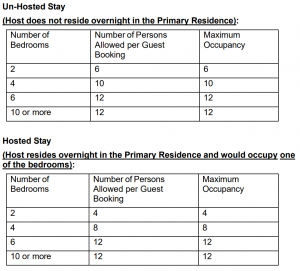 There are no exceptions to the maximum occupancy, including properties with six (6) or more bedrooms. The Host and other permanent residents of the Primary Residence are not included in the Guest maximum occupancy.
There are no exceptions to the maximum occupancy, including properties with six (6) or more bedrooms. The Host and other permanent residents of the Primary Residence are not included in the Guest maximum occupancy.
No. For a Hosted Stay, the Host may reside in a portion of the Primary Residence or in an ADU or in a detached residential unit provided there are
no more than two residential units located on the property and they are detached. A Host sleeping in an ADU or guest house on the property can qualify as a Hosted Stay.
No. Only residential rentals for thirty (30) consecutive calendar Days or less constitute an STR governed by the Ordinance.
No. Pursuant to LACC Title 22 Zoning Code, Section 22.140.640, ADUs including Junior ADUs are prohibited for STR use. Recently, State and local
laws have made it much easier to construct and/or permit ADUs to assist with the significant shortage in long-term rental housing both in the State and County. In furtherance thereof, the Ordinance prohibits the registration of ADUs as STRs.
Other than STR activity, the Ordinance does not otherwise regulate ADUs. Legally permitted ADUs can be utilized for personal use or long-term tenancy, subject to any other applicable laws. The Department of Regional Planning and Title 22 of LACC should be consulted on permitted uses for ADUs.
Yes, if available. A Host that has on-site parking at their Primary Residence must make the on-site parking available to their STR Guests.
Yes. The Host must secure written consent from all easement holders.
Notice is required, but the Host is not required to send the notices. The TTC will mail notices to the owners of all neighbor properties adjacent and abutting, and if applicable, across a street or alleyway, of the exterior boundaries of the Host’s Primary Residence address noted on the Registration Certificate, within seven (7) Days of issuance thereof.
No. The Ordinance restricts STRs to a Host’s Primary Residence only.
The Ordinance requires the Hosts to certify maintenance of fire extinguishers, smoke detectors, and carbon monoxide detectors and to post a notice in the unit containing emergency contact information for police, fire, and emergency services. Each Host must also provide an evacuation plan showing
emergency exit routes and fire extinguisher locations. STRs in very high fire hazard severity zones also have additional restrictions related to smoking and open flames.
1) Motor homes, cars, or other types of recreational vehicles.
2) Boats.
3) ADUs or any other type of habitable accessory structures.
4) Temporary or semi-permanent structures such as tents or yurts.
5) Units subject to a cap on rental increases pursuant to the County’s Rent Stabilization Ordinance.
6) Affordable housing units that are income covenant restricted.
7) Rent Restricted Primary Residences.
Yes. A Host may use a property management company to manage their STR. However, the Ordinance restricts STRs to Primary Residences only.
The TTC, in coordination with other County departments, will enforce this Ordinance.
The TTC is responsible for enforcement of the Ordinance. A third-party vendor will assist the TTC by monitoring online Hosting Platforms and
tracking other kinds of relevant data that is available online. The TTC will then use this information to help enforce the Ordinance, such as tracking Hosted and Un-Hosted Stays.
The TTC will not inspect residences unless local law enforcement, fire or health departments are called to a residence.
An online database may be available in the future.
The Host, or another individual designated by the Host, must be available at all times during an STR stay. Additionally, the TTC will set up a 24-hour
telephonic complaint hotline and an online portal where complainants may submit documentary evidence (e.g., photos and videos). TTC staff will
monitor complaints and coordinate with other County departments for investigations and enforcement.
Violators of the Ordinance may be subject to administrative fines and noncompliance fees pursuant to the proposed Ordinance and Chapter 1.25 of
LACC. Fines vary, but may be up to $2,000 per violation per Day for more egregious violations. Repeat violators may also have their STR Registration Certificate suspended or revoked, thereby rendering such offenders ineligible from participating in STR activity.If there is an imminent threat to public peace, health, or safety, the TTC can immediately suspend or revoke the STR Registration Certificate for thirty (30) Days pending further investigation.If an STR is causing a nuisance and disrupting the surrounding neighborhood, TTC can impose a nuisance abatement lien against the property, where the Ordinance violations have occurred or continue to occur. Additionally, TTC can place a special assessment on the property’s tax bill for
the cost of the nuisance abatement.
The Ordinance seeks to prevent “party house rentals” by limiting STRs to Primary Residences and prohibiting the registration of Vacation Rentals. For Hosted Stays, the Host is present overnight in the STR unit, which decreases the likelihood of “party house” STRs.The Ordinance specifically prohibits the advertisement of STRs for parties or events, including but not limited to open invite gatherings or parties advertised on social media, commercial events, commercial parties, commercial group gatherings, banquets, corporate events, or any event where an admission fee is charged. For Un-Hosted Stays, a minimum 2- night booking is required to deter “party house” rentals.
Coastal zone areas are located in portions of the unincorporated areas of the County Supervisorial Districts 2, 3, and 4. These are the unincorporated area of Marina del Rey, Santa Catalina Island, and part of the Santa Monica Mountains. The coastal zone is within the jurisdiction of the California Coastal Commission pursuant to the California Coastal Act. For the County’s coastal zone, the California Coastal Commission has approved Local Coastal Plans (LCPs) developed in conjunction with the County, which protects coastal resources and furthers the purposes of the Coastal Act.
Before the Ordinance can take effect in the County’s coastal zone, it must be approved by the California Coastal Commission and incorporated into each of the County’s LCPs. Therefore, the Ordinance is effective in all other parts of the unincorporated areas of the County before it is effective in said coastal zones. The anticipated effective date in the County’s coastal zone is no sooner than one (1) to two (2) years.
The Ordinance is consistent with some of the other local STR Ordinances approved by the California Coastal Commission. However, because every
jurisdiction is different, it is unknown what the California Coastal Commission may recommend relevant to the County’s Ordinance.
No. The Title 22 ADU regulations do not apply to the coastal zone. The LCPs will be amended and cover several policies, including STR and ADU prohibition.
No. Hosting Platforms must inform STR Hosts that it is the Host’s responsibility to collect and remit the TOT to the County. For additional information regarding TOT, please visit the TOT website at https://ttc.lacounty.gov/tot/.
No. If a rental or lease agreement, County contract, Title 22 of LACC (ADU prohibition), rental restriction, or homeowner’s association or condominium’s Conditions, Covenants and Restrictions prohibit STR activity, the Ordinance does not supersede such restriction or otherwise grant any right to engage in STR activity.
The Business License Section of TTC is available to answer questions regarding the STR regulations. For general questions regarding the STR Ordinance or STR complaints, please email TTC at: STRental@ttc.lacounty.gov.
KEY ORDINANCE TERMS
A dwelling unit located on the same lot as a single-family residence with independent exterior access, whether attached or detached, as further defined by LACC, Section 22.14.010.A.
A calendar day, which is all days including Saturdays, Sundays, and holidays, unless otherwise specified.
The Person renting a Short-Term Rental for transient occupancy and includes all Persons identified in the booking or reservation.
A person occupying a home, apartment, or condominium who rents their Primary Residence as a STR.
A marketplace in whatever form or format facilitating STR activity through advertising, matchmaking, or any other means, and from which the Hosting Platform derives revenues to match Hosts with prospective STR Guests, e.g., AirBnB, VRBO, etc.
An STR where the Host resides on the property throughout the Guest’s occupancy (except for daytime and/or work hours), either in a portion of the Primary Residence or in an ADU or in a detached residential unit provided there are no more than two residential units located on the property and they are detached.
Hosted Stay must be booked for a minimum one night stay.
A piece of real estate (not a Primary Residence) that is primarily used for earning income by renting it out to others.
A Host’s permanent residence documented by at least two forms of documentation in the Host’s name (motor vehicle license, utility bill, tax document, voter registration, and/or lease/rental agreement). A Host may have only one Primary Residence and must reside on the property for a minimum of two hundred seventy-five (275) Days per calendar year (nine (9) months per year) either in the Primary Residence or in an ADU or in a detached residential unit.
A Primary Residence subject to housing restrictions by deed or agreement by the County or another public agency or authority as affordable housing, or subject to an agreement that provides a housing subsidy for affordable housing, or which is restricted under State or federal law or administrative regulation.
Use of a Primary Residence, or portion thereof, for the purposes of providing temporary lodging for compensation for periods of thirty (30) consecutive Days or less, counting portions of Days as full Days.
Transient Occupancy Tax is commonly known as a hotel tax or bed tax and is authorized under Title 4 of the LACC Chapter 4.72-TOT. Under the LACC, hotel operators, including property owners who use online Hosting Platforms to rent lodging space in unincorporated areas of the County are required to charge a tax of 12% per Day on the rent paid by transient guests.
A STR where the Host is not on-site with the STR Guest. Un-Hosted Stays must be booked for a minimum of two nights.
A dwelling unit that is not a Primary Residence and which is available for temporary lodging, for compensation. The term “Vacation Rental” does not include bed and breakfasts inns, hotels, or a dwelling unit for which a tenant has a month-to-month rental agreement, and the rental payments are paid monthly.
STR UNIT CONTACT INFORMATION
If you have further questions or need additional assistance regarding STR, you may contact:
STR Unit
Phone: (213) 974-2011
E-mail: STRental@ttc.lacounty.gov
Business Hours: Monday-Friday, 8:00 a.m. to 5:00 p.m. PT



